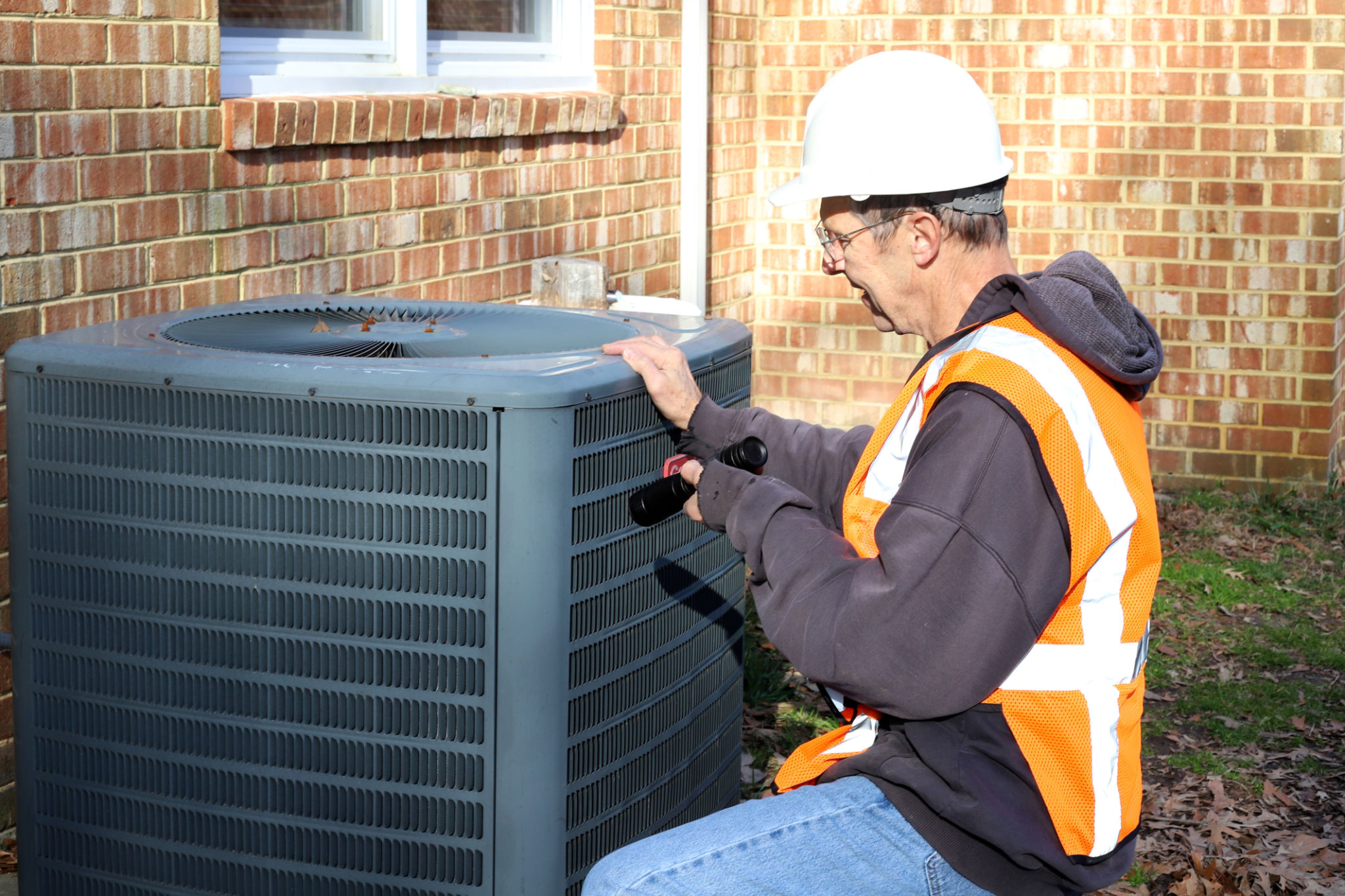Frequently Asked Questions About HVAC Systems in Sewell
What is an HVAC System?
HVAC stands for Heating, Ventilation, and Air Conditioning. It refers to the various systems used for moving air between indoor and outdoor areas, along with heating and cooling both residential and commercial buildings. An HVAC system keeps you warm in winter and cool in summer, while also maintaining indoor air quality. Understanding the basics of HVAC systems can help you make informed decisions about installation and maintenance.

How Do HVAC Systems Work?
HVAC systems operate on the principles of thermodynamics, fluid mechanics, and heat transfer. The system typically consists of units for heating, cooling, and ventilating the air within a space. The heating component can be a furnace or a heat pump, while the cooling component is usually an air conditioning unit. Ventilation helps to circulate and filter air to maintain indoor air quality.
What Are the Common Types of HVAC Systems?
There are several types of HVAC systems commonly used in Sewell:
- Split Systems: These are the most common. They include both indoor and outdoor units.
- Hybrid Systems: A more efficient version of the split system that uses both fossil fuels and electricity.
- Duct-Free Systems: Ideal for spaces where installing ducts is not feasible.
- Packaged Heating and Air Systems: All components are housed in a single unit.

How Often Should You Service Your HVAC System?
Regular maintenance is crucial to keep your HVAC system running efficiently. It is generally recommended to have professional maintenance done twice a year—once in the spring for the cooling system and once in the fall for the heating system. Routine checks can help identify potential issues early, saving you from costly repairs down the line.
What Are Some Signs Your HVAC System Needs Repair?
Recognizing when your HVAC system needs repair can prevent larger issues from developing. Some common signs include:
- Unusual noises: Sounds like banging or clanking can indicate a mechanical issue.
- Inconsistent temperatures: If some rooms are significantly warmer or cooler than others, there may be an issue.
- Increased energy bills: A sudden spike in energy costs can point to inefficiency.

How Can You Improve Your HVAC System's Efficiency?
Improving the efficiency of your HVAC system can lead to lower energy bills and a smaller carbon footprint. Here are some tips:
- Regular Filter Replacement: Change filters every 1-3 months to ensure optimal airflow.
- Programmable Thermostat: Installing a smart thermostat can help regulate temperatures efficiently.
- Seal Ducts: Ensure that all ducts are sealed properly to prevent air leaks.
Why Choose Professional Installation and Maintenance?
While DIY solutions can be tempting, professional installation and maintenance provide several advantages. Certified technicians have the expertise to ensure your system is installed correctly and maintained according to industry standards. This not only extends the life of your equipment but also optimizes its performance for better energy efficiency and comfort.
If you have more questions or need assistance with your HVAC system in Sewell, don't hesitate to contact a local professional who can provide personalized advice and services tailored to your needs.
